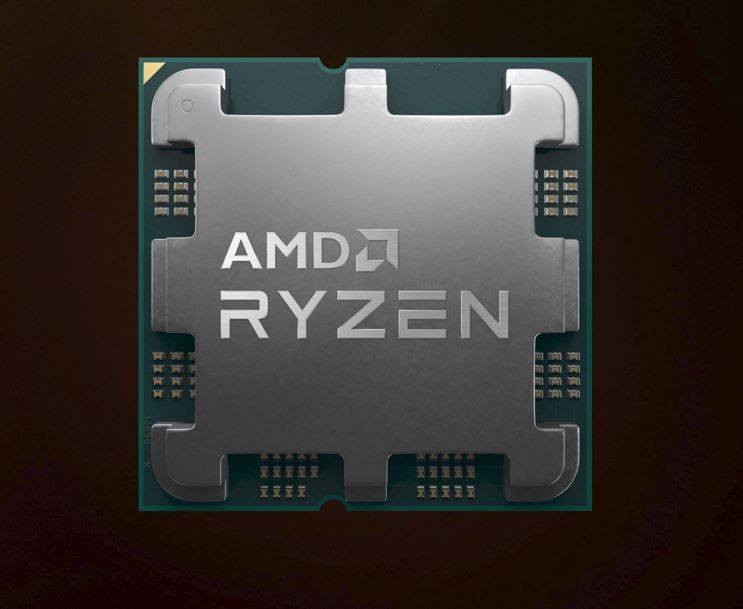OK that's fine. Then that's your basis of comparison: noise, or heat. So do noise/temp measurements, not # of compressors. Measure what you care about. You're still assuming a relationship, not demonstrating it.
Computer A runs at 40 db and 70 C and Computer B runs at 35 dB and 65 C or whatever. If that's what you care about then go measure that.
I don't care about those numbers (and I strongly suspect most people don't) but maybe it matters for someone.
I've never heard anyone say "I could write a lot faster if only my CPU temps were lower."
And I'm still waiting to see my first "burnt up" CPU after many decades of tweaking computers in all kinds of ridiculous ways. It doesn't happen in consumer products unless it gets struck by lightning or engulfed in flames or manually juiced with insane voltages.
So I'm afraid I'm still going to have to vote "irrelevant" on those metrics.
But hey, have fun

Cheers,
rgames

www.tomshardware.com




